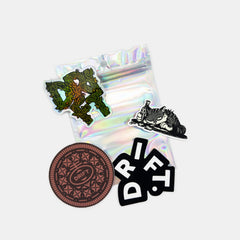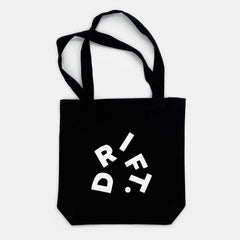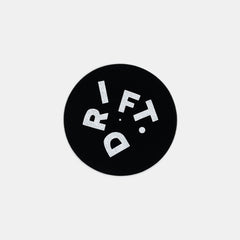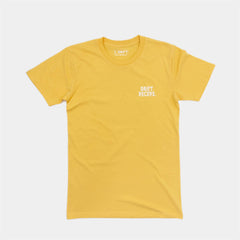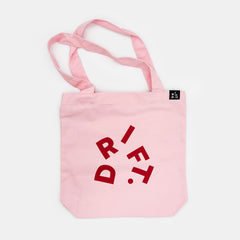
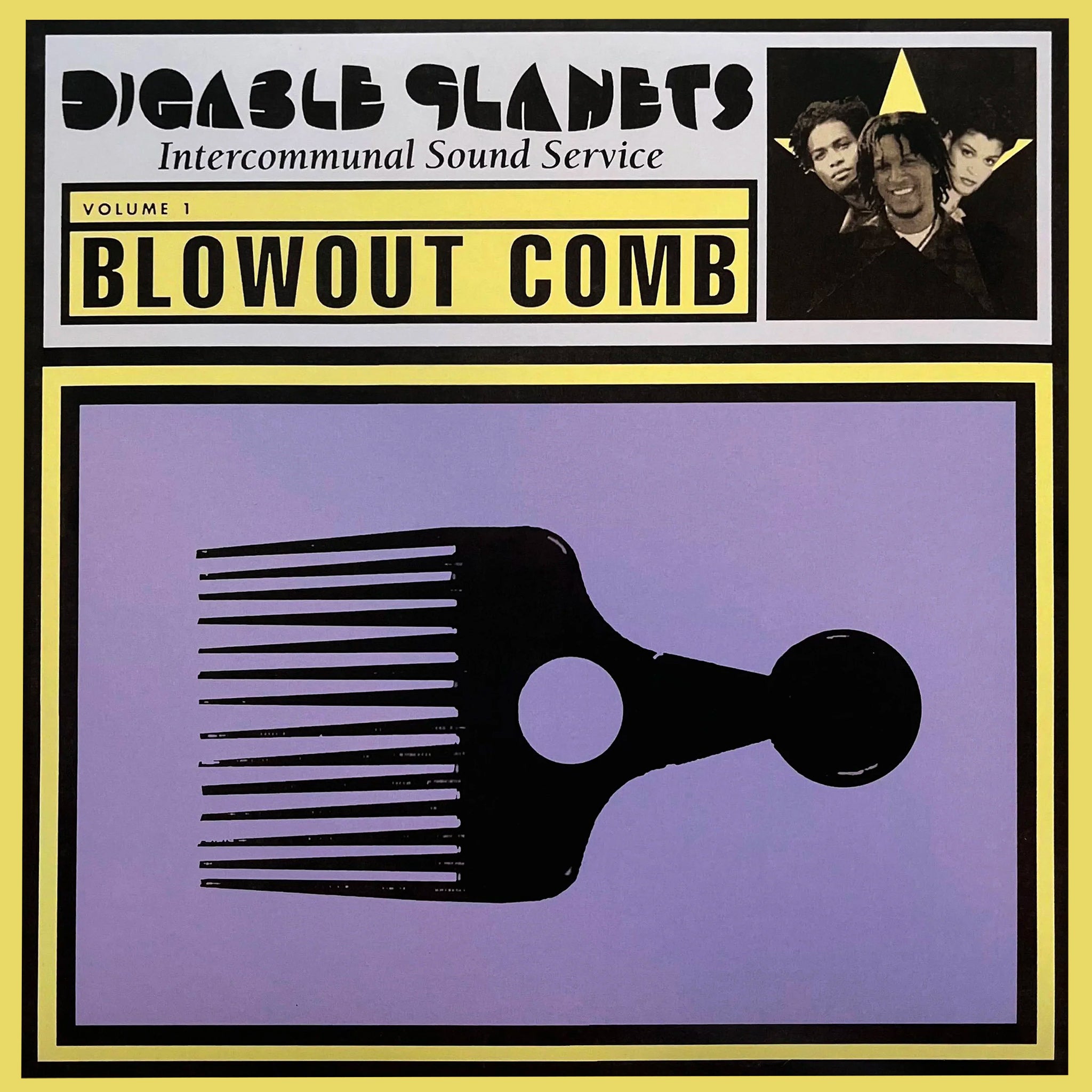


Digable Planets - Blowout Comb
The album is named for the combs used to maintain an Afro hairstyle, and that’s significant in itself. The group’s Ishmael “Butterfly” Butler sums up the group's intention: "It means the utilization of the natural, a natural style."
Like with 1993’s debut Reachin’ (A New Refutation of Time and Space), "utilizing the natural" meant creating hip hop that blended jazz with the formidable rap skills of the aforementioned Butterfly, Craig "Doodlebug" Irving. and Mary Ann "Ladybug Mecca" Vieira. Unlike that debut, it meant broadening to include guests such as Gang Starr’s Guru, Jeru the Damaja, and Jazzy Joyce.
Following the gold-selling commercial success of their debut, they here set out to prove their artistic prowess. This is intelligent, alternative hip hop that sounds like party music. Its lyrics are dense with wit, social commentary and politics–and its original inner sleeve was modeled on the newspaper of the Black Panther movement.
Its instrumentation includes sax, vibraphone, and flute. Its samples, gathered from global cratedigging trips while touring the first album around the world, includ Grant Green, Eddie Harris, Shuggie Otis, and jazz-funk pioneer Roy Ayers (whose “We Live in Brooklyn, Baby” became “Borough Check” here). And yet, at the same time, its beats are infectious and its spirit undeniable.
This is an album firmly rooted in Brooklyn. “Growing up hearing and cherishing this album, it created a textured soundscape of a mythical world of rhymes, jazz, breakbeats, culture, art and urban ambiance,” says DJ and fan Mick Boogie in the liner notes. “When I moved to Brooklyn years later, I found that the world I imagined while listening to this classic LP actually really existed…”
Though Digable Planets still reunite and perform on occasion–and though their influence endures in every top-shelf rap act with a jazzy sensibility–the trio parted ways after Blowout Comb, citing that old favorite: "creative differences.” Sometimes, the most volatile combinations create the best art.
Edition Info
• Clear with Purple Center Wax
• Fully printed inner sleeves
• Liner notes by Larry Mizell Jr.
Tracklisting
A1 The May 4th Movement Starring Doodlebug 4:56
A2 Black Ego 7:02
A3 Dog It 4:21
B1 Jettin' 4:39
B2 Borough Check 6:56
B3 Highing Fly 1:23
B4 Dial 7 (Axioms Of Creamy Spies) 5:47
C1 The Art Of Easing 5:05
C2 K.B.'S Alley (Mood Dudes Groove) 2:06
C3 Graffiti 4:03
C4 Blowing Down 3:51
D1 9th Wonder (Blackitolism) 4:27
D2 For Corners 7:02
Released: 6th December 2024
Shipping & Delivery
Drift gladly ship all items Worldwide using Royal Mail Tracked®, FedEx and DHL services. There is a shipping calculator available in the basket. Read More
Click & Collect
Available on all orders from Drift. Select the Click & Collect option during the checkout process. Read More.
UK Free Shipping
We offer free delivery on orders of £90 and over, sent within mainland UK. To qualify for free delivery, your order will be sent as one dispatch. Read More.
Global Shipping & Tax
If you are based outside the UK and EU, all prices will appear without tax at the checkout. Drift is IOSS registered and collects tax on all EU orders at point of purchase. Read More.

Drift Extras
Earn [points_amount] when you buy this item.
- Recently viewed



